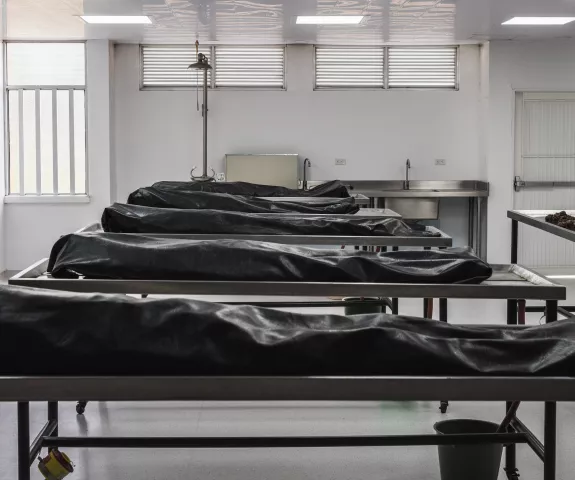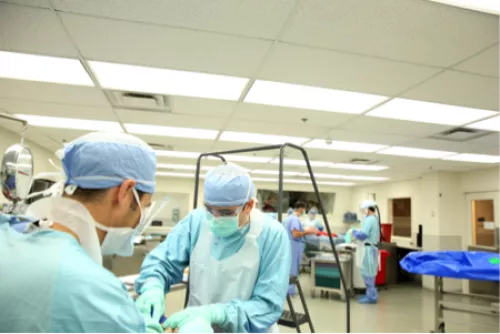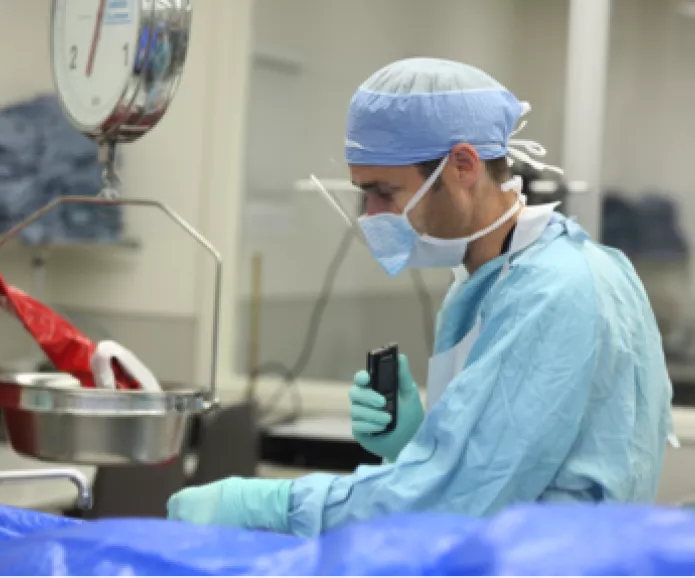
Careers in Pathology/Biology
Forensic pathology is the application of the principles of pathology, and of medicine in general, to the legal needs of society. Forensic pathologists perform autopsies to determine what caused a person's death. They are also involved in the investigation of the circumstances surrounding the death. Knowing about these circumstances allows them to determine the manner of death — natural, accident, suicide, homicide, or undetermined.
Scope of Work
Forensic biology is the application of the life sciences to legal and regulatory investigations. Forensic biology comprises all of the life sciences including, but not limited to, entomology, genetics, microbiology, ecology, and botany. A forensic biologist studies organisms or cells of organisms that are associated with criminal activity. Many organisms, including insects, bacteria, plants, and fungi can be used as evidence because they indicate the time at which an event took place, or they associate a particular person with an object or a location. Genetics are regularly used to confirm the identity of these organisms.

The forensic pathologist's involvement and investigation may include visiting the scene of death. Forensic pathologists and/or their investigators gather information concerning what happened at the time of death, what the person was doing at the time, and the medical history of the individual. Forensic pathologists also work to identify unknown deceased persons by way of medical information, dental records, and other unique features of an individual. If the body has deteriorated to a skeleton, forensic pathology may determine the race or sex of the individual. The forensic pathologist must maintain accurate and unbiased written and photographic records.
Another aspect of forensic pathology is the role this science plays in the areas of public health and disease and injury prevention. The forensic pathologist may be the first to recognize an epidemic disease or document a faulty product design that resulted in injury and death. Genetic disorders may be identified at autopsy and reported to those surviving family members who may be affected. An emerging role of the forensic pathologist is that of clinical forensic pathology. Patterns of injury are not visible only when persons are deceased — they can also be recognized in living patients in emergency rooms and clinics. A forensic pathologist's training can be applied to injury analysis in both living and deceased patients.

Education and Training
All forensic pathologists are medical doctors with an MD or DO degree. After four years of college and four years of medical school, an apprenticeship in pathology, known as a residency, is required. Forensic pathology is a subspecialty of pathology, so an additional one-year fellowship in forensic pathology is required. Medical board certification in anatomic pathology and forensic pathology is acquired from The American Board of Pathology.
Forensic biologists typically possess an MS and/or PhD in a biological science, such as entomology, microbiology, biochemistry, or ecology. Many biologists earn a BS in a biological science and then a MS, but some proceed directly into a PhD program from their BS.

Career Opportunities
Forensic pathologists are usually employed by city, county, or state medical examiner or coroner offices; hospitals; universities; and federal government agencies, and may also work for private medical groups as consultants by performing forensic autopsies.
Forensic biologists work in crime laboratories, but are more often associated with universities, museums, or other government agencies. These scientists typically serve as consultants to medical examiners and coroners while conducting research in an area of forensic biology.
Disciplines of Forensic Science
The AAFS is composed of more than 6,000 scientists organized into 12 sections representing the different areas of interest, activity, education, and expertise of individual members.
Begin Your Journey
How can you get closer to the forensic science community, and do your part in advancing the industry?